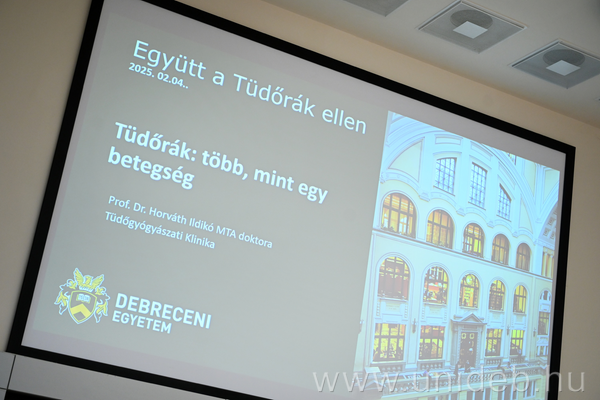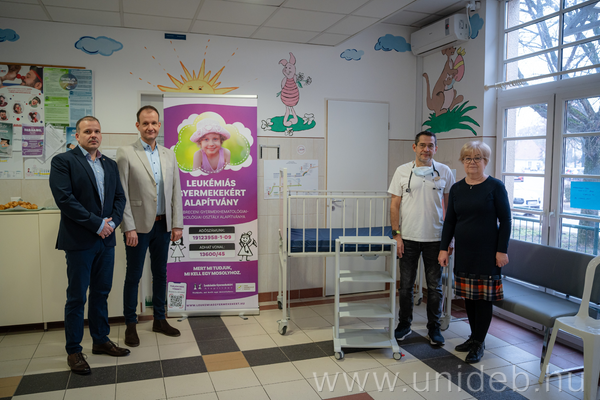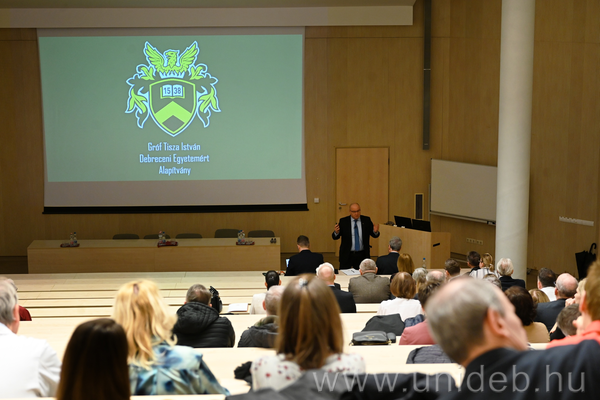Immunology Group
Principal Investigator: Péter Antal-Szalmás MD, PhD
Members of the group:
Pal Bhattoa Harjit MD, PhD; Zoltán Mezei MD; Gábor Nagy, MD; István Csípő, PhD; Edit Gyimesi, PhD; Sarolta Demeter, MD; Dávid Tornai, PhD student
Technician: Róza Földesi Varga MSc; Gabriella Szabó Gaál BSc
The human body is constantly attacked by invading pathogenic microorganisms. The evolutionary ancient form of the host defense against these pathogens is the innate immune system. Toll-like receptors and their associated molecules like CD14 and LPS-binding protein (LBP) or other soluble molecules (like lectin binding proteins) are the most important pattern recognition receptors of this system. They support the elimination of invading microorganisms, and have an important role in the initiation of the adaptive immune response and even can participate in the development of autoimmune disorders. The measurement of their serum concentrations or the identification of their genetic variants can serve also diagnostic purpuses.
One major area of our interest is the identification and prediction of cirrhosis associated bacterial infections. Cirrhosis is the final stage of liver diseases with different etiology and it is a major health problem in all over the world. Concerning the pathology there is a long-term destruction and fibrotic regeneration of the liver tissue resulting in nodular transformation and in severe functional deficiencies. Bacterial infections are frequent complications in cirrhosis with significant mortality, that develop mainly on the base of the „cirrhosis associated immune dysfunction syndrome”. Early laboratory diagnosis is essential but challenging. We aim to identify biomarkers (pattern recognition molecules, acute phase proteins, anti-microbial antibodies, autoantibodies, etc.) that can help the identification and prediction of cirrhosis associated bacterial infections. We also study the distribution of SNPs in CD14, TLR2, TLR4, NOD2 and several cytokine genes in this patient cohort, hoping to find genetic factors that predispose and predict the development of these infections. In this field, we have a long-lasting cooperation with the Gastroenterological Department of the Institute of Internal Medicine, UD.
The other topic we are interested in is the evaluation of the diagnostic utility of known and newly identified autoantibodies in different autoimmune disorders (SLE, poly/dermatomyositis, systemic sclerosis, etc.). On one hand we test and introduce novel, commercially available antibody assays and techniques on these patient cohorts. Another approach is to identify new autoantibodies. Serum samples providing novel staining patterns in our HEp2 anti-nuclear antibody screening system are collected from our routine diagnostic practice. The antigens of the novel autoantibodies are identified by immunprecipitation and MS techniques. Knowing the proper autoantigen immunoassays are developed for screening the presence and importance of the autoantibodies in different patient cohorts. In this topic we work together with the Clinical Immunology and Rheumatology Departments of the Institute of Internal Medicine, UD.
We utilize mostly flow cytometric, ELISA, indirect immunofluorescence and Western-blot techniques and we perform PCR-RFLP, Taqman-probes or sequencing based SNP analysis. We have some experiences in protein purification, labeling, cloning and expression, too.
Projects in Oncology
Comparative examination of plasma proteins of cancerous and non-cancerous individuals using monoclonal antibody based microchips. Development and clinical evaluation of mAb based diagnostic microchips (in cooperation with the BioSystems International Ltd.)
Frissítés dátuma: 2019.04.15.
Legfrissebb hírek





